
Gastritis & Peptic Ulcer Ayurveda Perspective
₹95.00 Original price was: ₹95.00.₹76.00Current price is: ₹76.00.pc
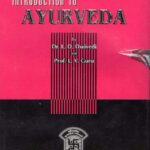
Introduction to Ayurveda
₹125.00 Original price was: ₹125.00.₹100.00Current price is: ₹100.00.pc
History of Chemistry in Ancient and Medieval India
₹500.00 Original price was: ₹500.00.₹400.00Current price is: ₹400.00.pc
5 in stock (can be backordered)
SKU:
History of Chemistry in Ancient and Medieval India
Categories: Ayurveda, B.A.M.S Book
Tags: chaukhamba series, P. Ray.
Description
The history of chemistry in ancient and medieval India reflects a rich tradition of scientific inquiry and practical knowledge that evolved over several millennia. Here’s an overview of its development:
- Ancient Period:
- Vedic Era (1500 BCE – 600 BCE): Early references to chemical processes can be found in the Vedas, particularly in the Atharva Veda, which mentions the use of chemicals in rituals and medicinal preparations.
- Ayurvedic Tradition: Ayurveda, the ancient Indian system of medicine, includes extensive knowledge of herbs, minerals, and alchemical processes for preparing medicines (rasa shastra). This tradition involves refining metals, preparing elixirs, and using various substances for therapeutic purposes.
- Medieval Period:
- Golden Age of Indian Science (5th – 12th centuries CE): During this period, significant advancements were made in various fields, including chemistry.
- Alchemy and Rasashastra: Alchemy (Rasayana) flourished, focusing on transmutational processes aimed at producing elixirs for longevity, purification of metals, and enhancement of physical and mental faculties.
- Contributions of Scholars: Scholars such as Nagarjuna, Charaka, and Sushruta made seminal contributions. Nagarjuna, in particular, is revered for his pioneering work in alchemy and metallurgy, emphasizing the purification of metals and the preparation of medicines.
- Textual Tradition: Important texts include the Rasaratnakara (by Nagarjuna), Rasendra Sara Sangraha (by Govinda Bhagavatpada), and the writings of Charaka and Sushruta, which detail chemical processes, medicinal preparations, and the properties of minerals and metals.
Additional information
| Weight | 1 kg |
|---|---|
| Dimensions | 21 × 15 × 5 cm |
| Brand |
Chaukhamba sanskrit Series |
| Language |
English |
| Publisher |
Chaukhamba Sanskrit Series |
| Author |
P. Ray. |
Reviews (0)
Rated 0 out of 5
0 reviews
Rated 5 out of 5
0
Rated 4 out of 5
0
Rated 3 out of 5
0
Rated 2 out of 5
0
Rated 1 out of 5
0
Be the first to review “History of Chemistry in Ancient and Medieval India” Cancel reply
Shipping & Delivery


Shipping & Delivery
For fast and confirmed delivery send your complete postal address because we use India Post for delivery. It takes may be one week to 12 days and if the Customer wants through courier it charges extra according weight and pincode and you should contact us on our given number.
Shipping
- For orders up to 1 kg: ₹99
- For every additional 500 grams (above 1 kg): ₹30
- Shipping is handled by India Post.
Related products
A Compendium of the Ayurvedic Pharmacopoeia
₹695.00pc
Rated 0 out of 5
A Hand Book of History of Ayurveda
₹310.00pc
Rated 0 out of 5
A Short Ayurvedic Text Book of Common Medical Emergency
Rated 0 out of 5




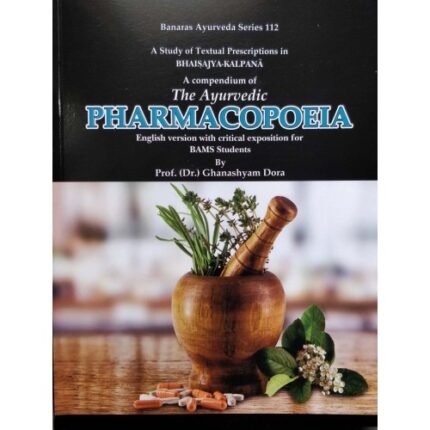
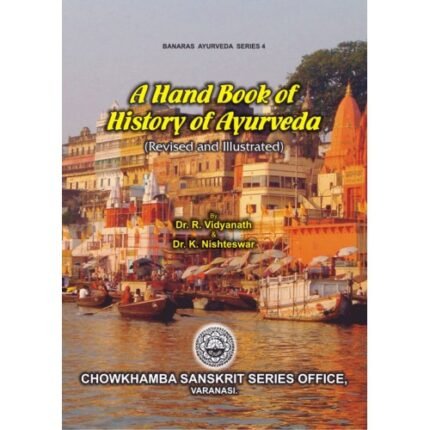

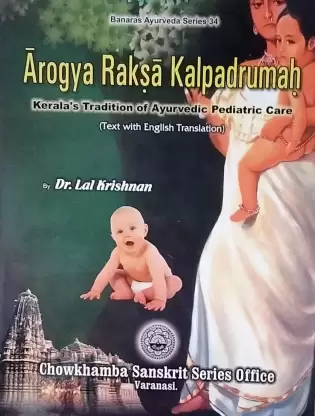
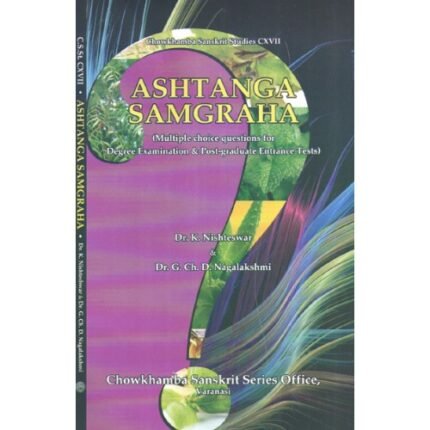



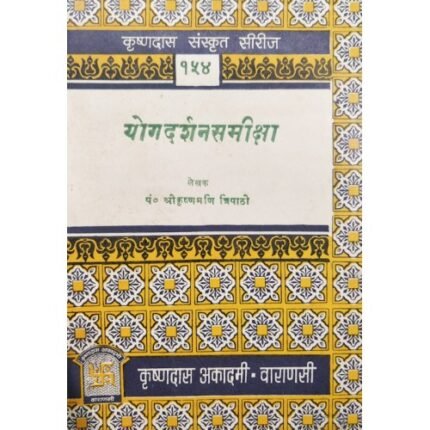

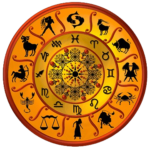

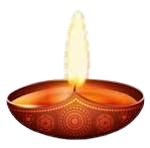


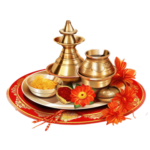

 Vastu shastra
Vastu shastra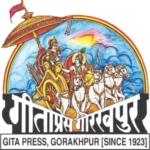 Geeta press
Geeta press
Reviews
Clear filtersThere are no reviews yet.